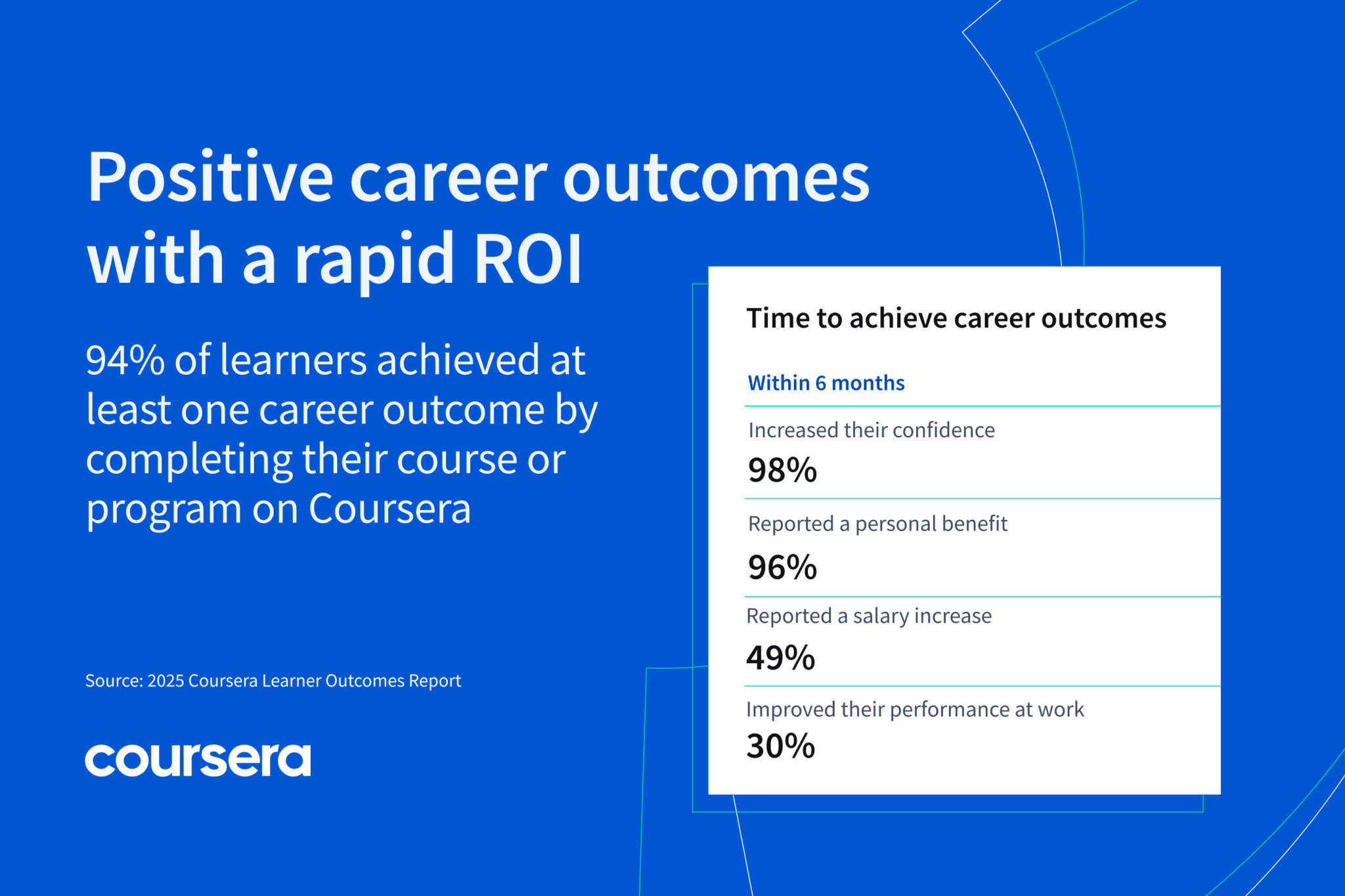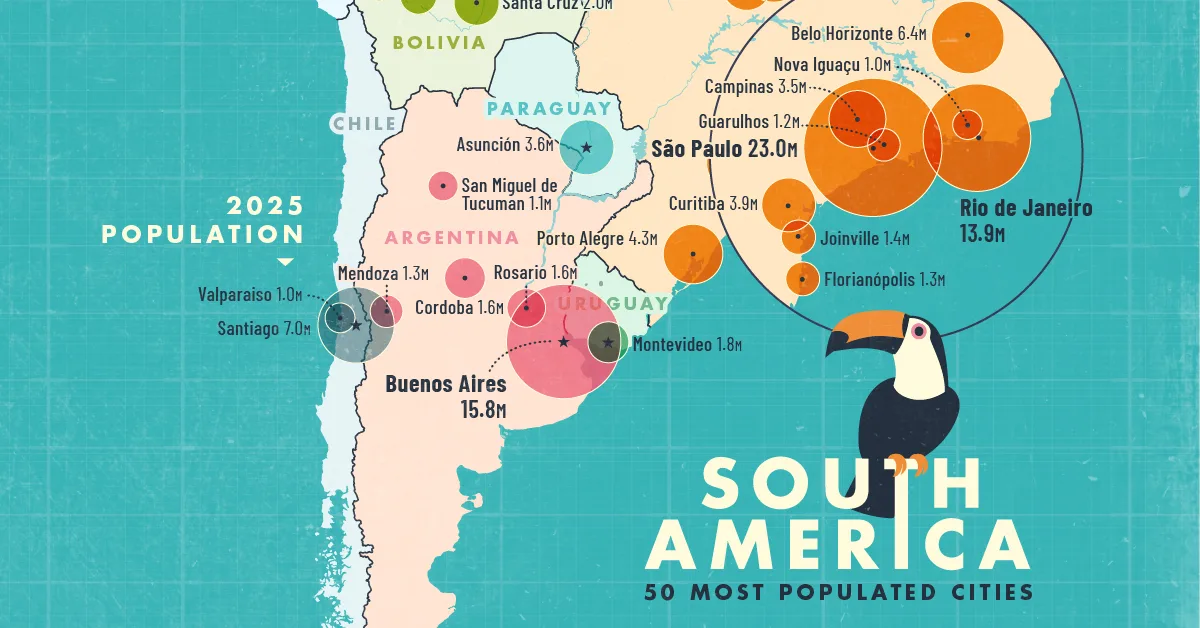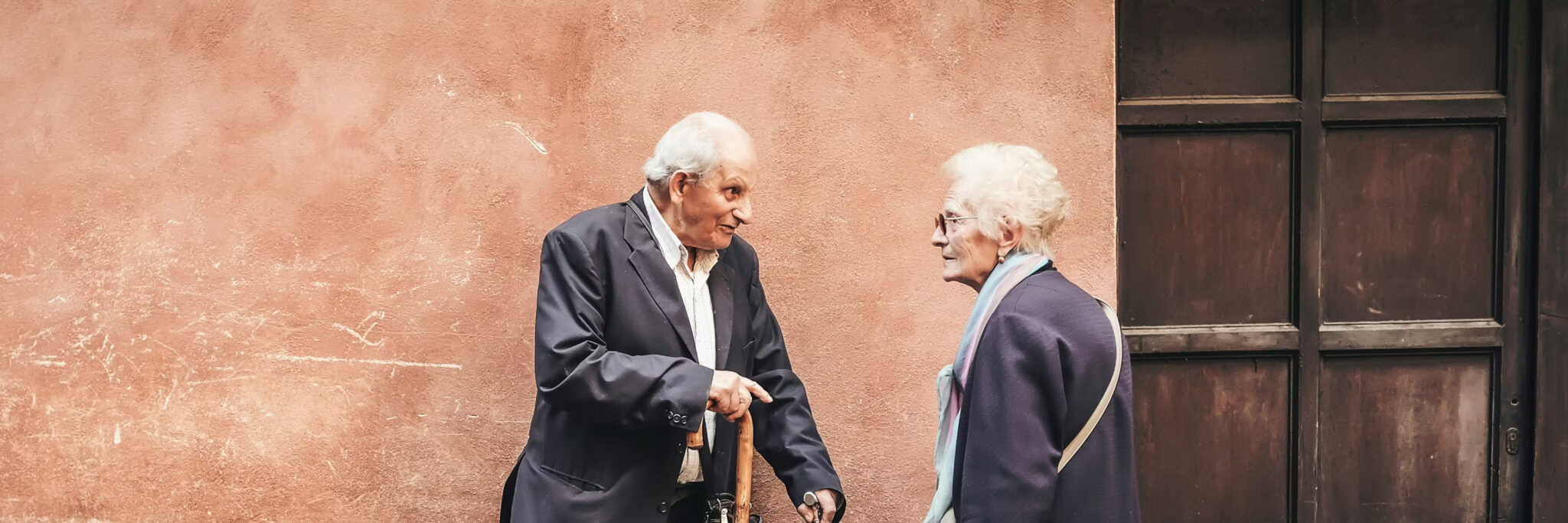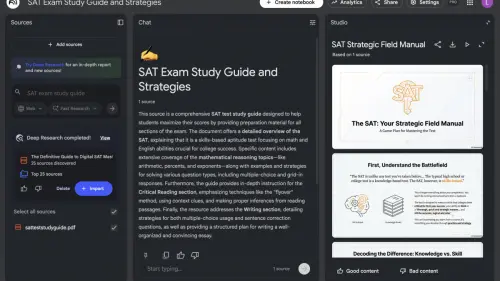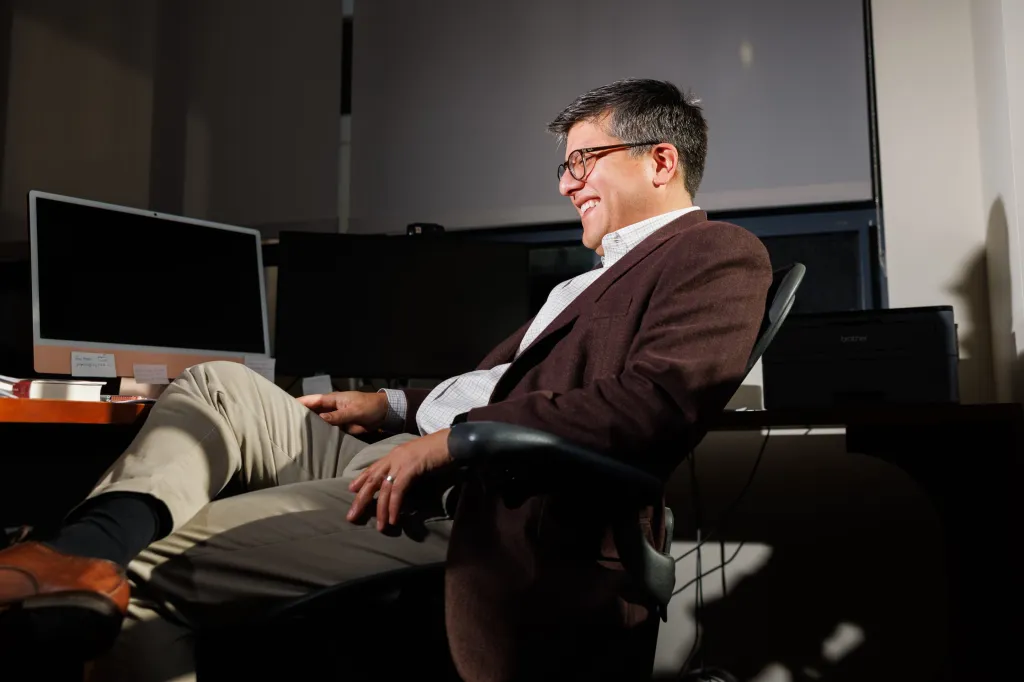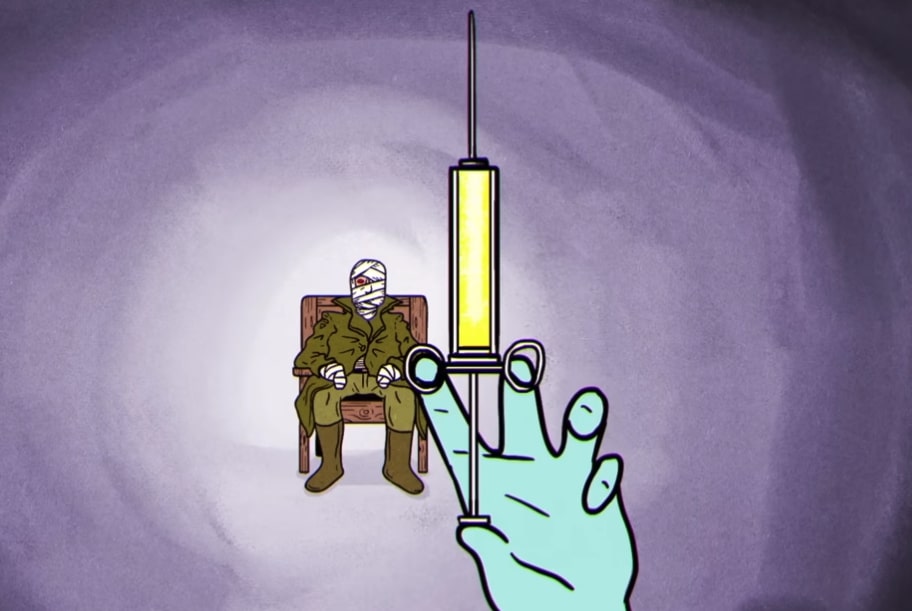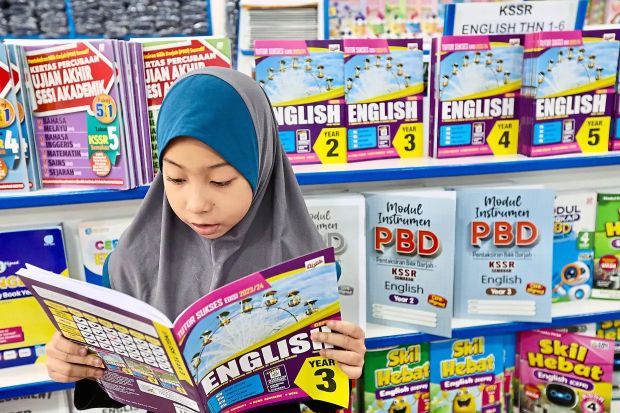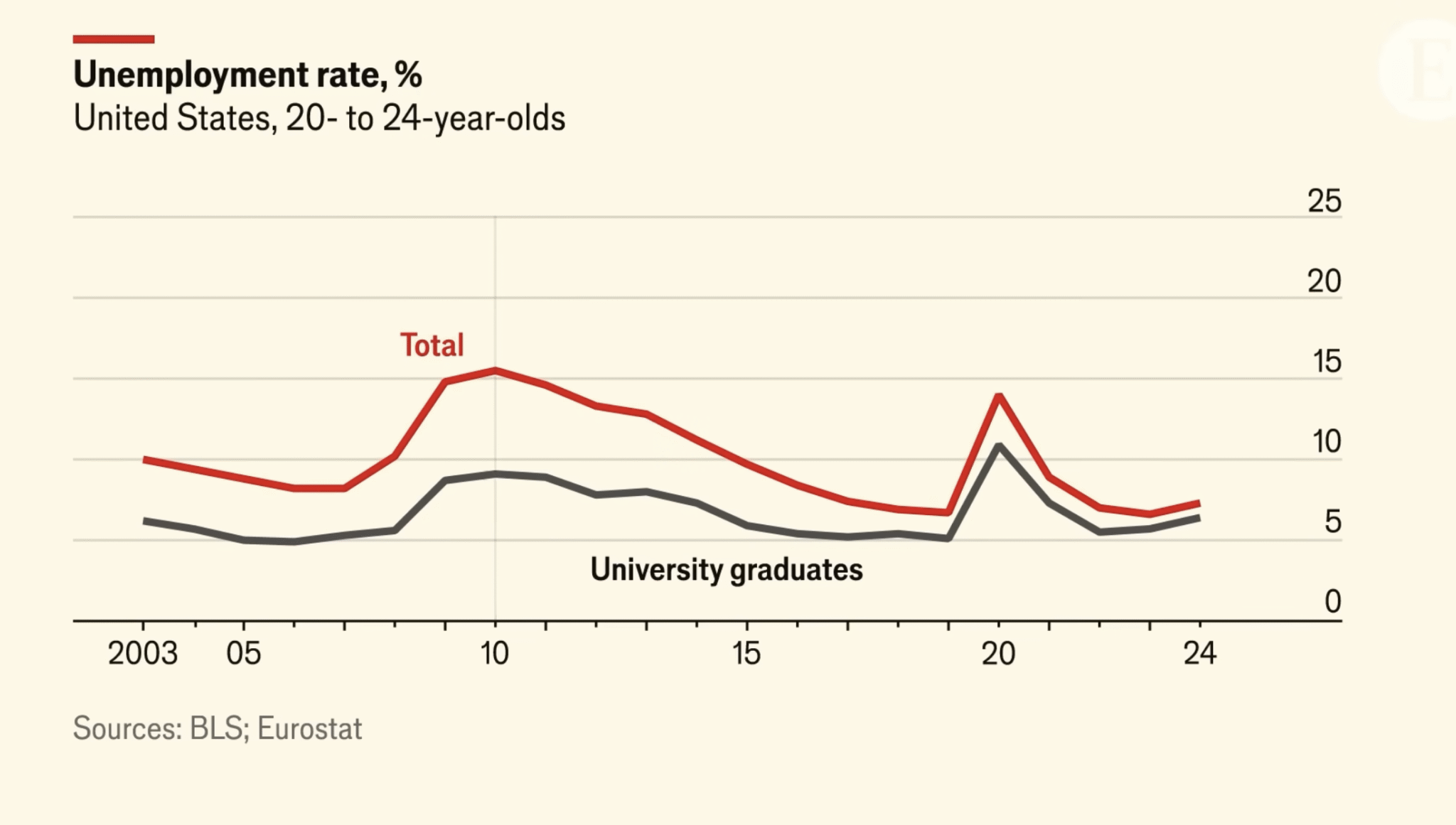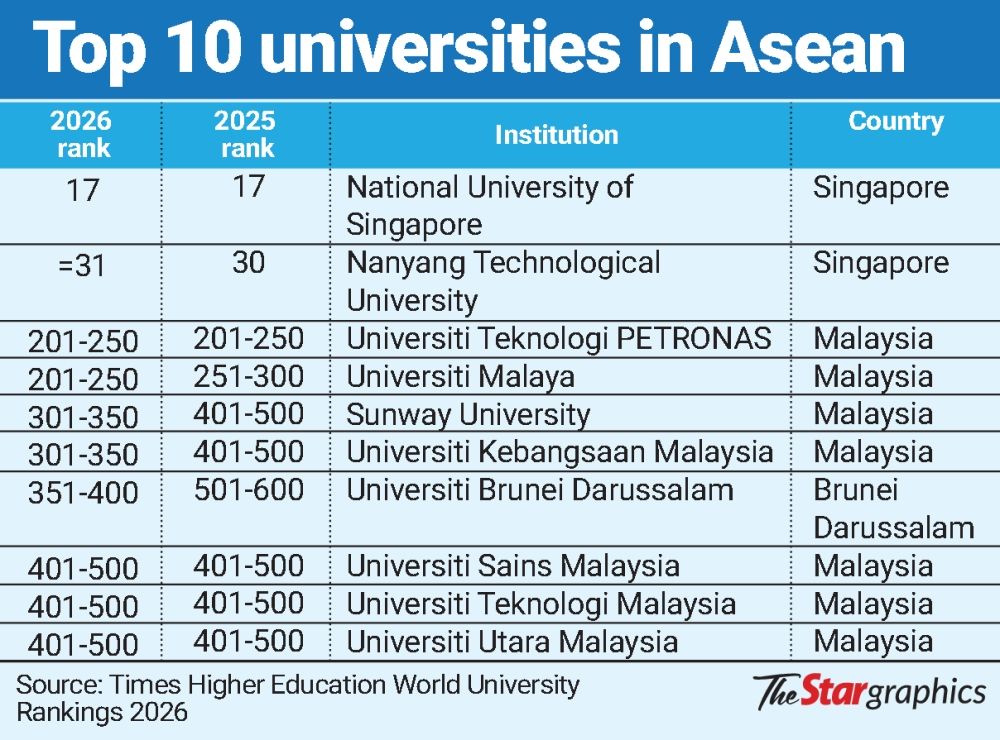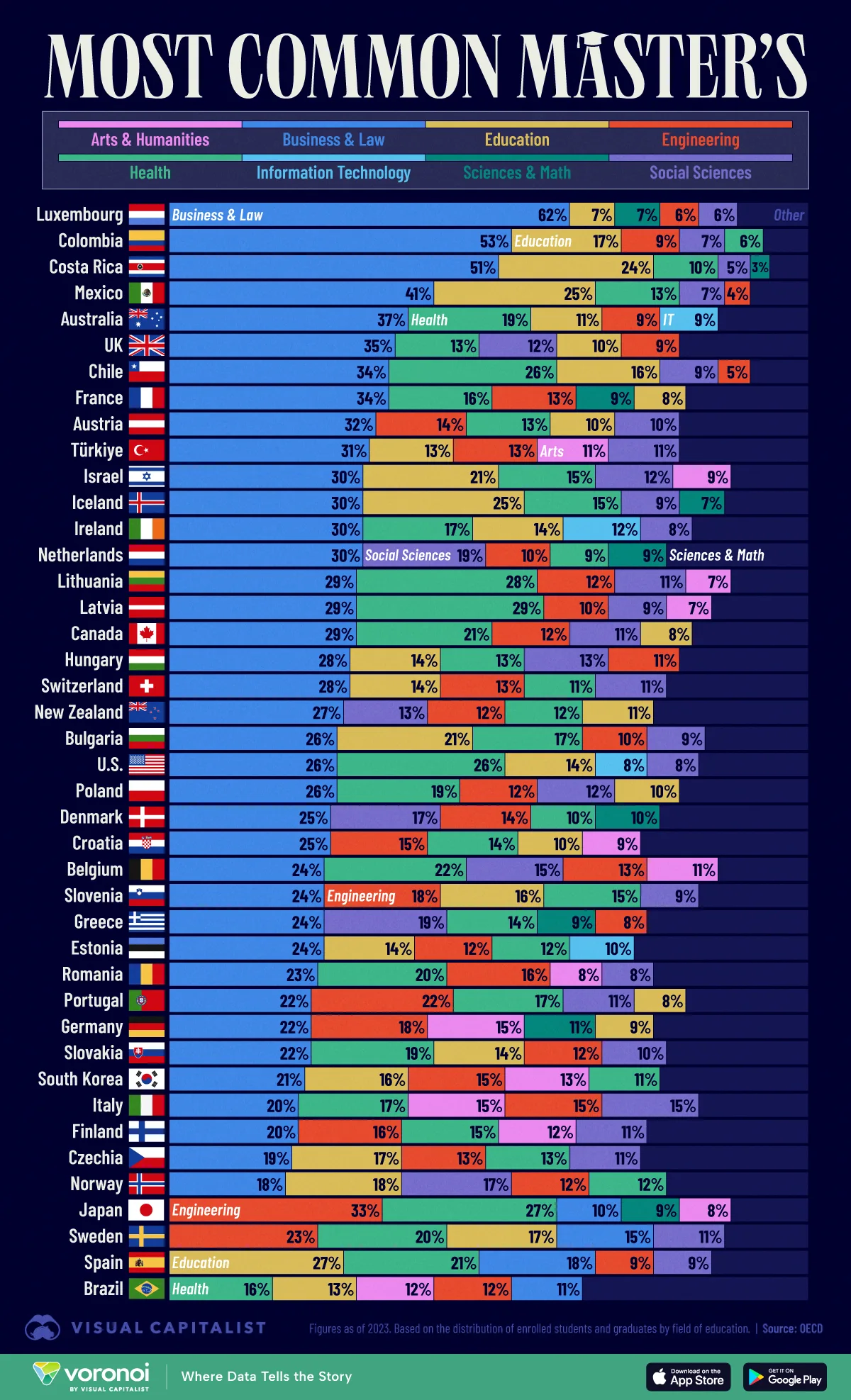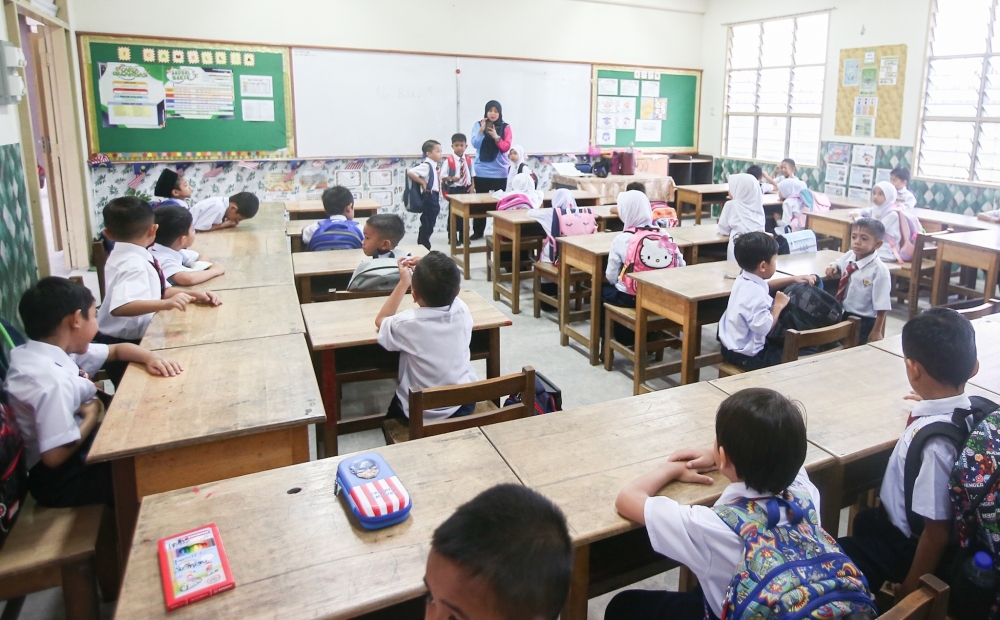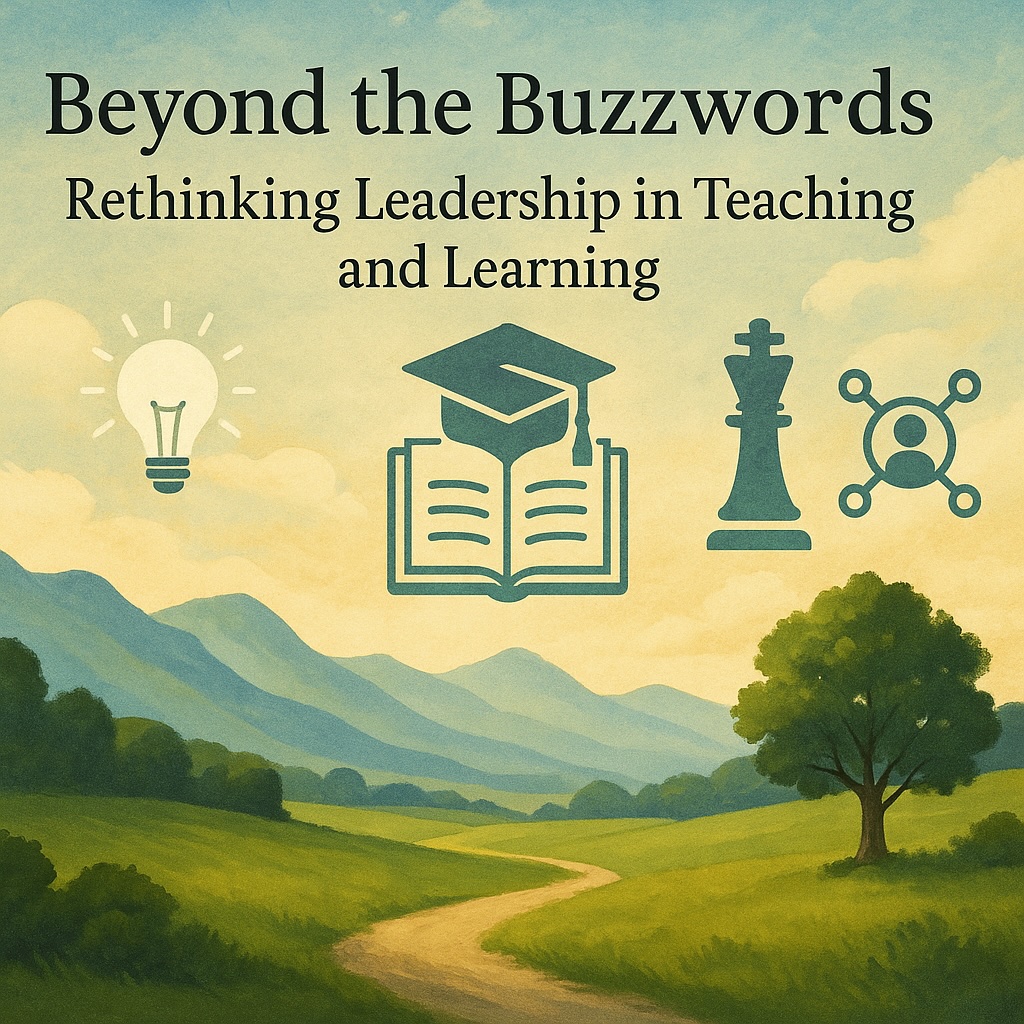Literacy, a concern? Not for us; after all, Malaysia’s literacy rate currently sits at an impressive 96%.
But here’s the catch: being able to read words on a page isn’t the same as truly understanding them. The latest Programme for International Student Assessment (PISA) results reveal a worrying truth: Malaysian students are falling behind in reading, math, and science, ranking among the top five countries with the steepest declines globally. In reading alone, we’ve lost the equivalent of 1.4 years of learning since 2018.
To put things into perspective, imagine this: Your child reads a sentence aloud, and it’s flawless but something’s off. When you ask them what it means, they pause, unsure and hesitant. Even worse, they can’t even guess what it is from its contextual meaning, in spite of gentle prompting.
This is no longer an exception. Instead, it is becoming the rule as functional literacy, the ability to interpret, think critically, and apply knowledge, slips away. More than the impact on test scores, the real concern is the decline of these skills in real time, skills that define future success in an AI-driven world.
But how did we get here?
Once, Malaysians prided themselves on a strong reading culture. Today, the average person reads just five books a year, while hours are lost to TikTok, Instagram, and endless scrolling. The average child today spends hours glued to a device, but before we point fingers, consider this: when they look up from their screens, what do they see? Us, doing the exact same thing (especially when factoring in that Malaysian adults rank second in Asia for highest screen time).
Children are mirrors. They copy what we do, not what we say, and they inherit our habits and our version of what’s normal. If their first role models are constantly scrolling, notifications buzzing, and screens lighting up the dinner table, then that is precisely what becomes their definition of “normal.”
This matters because habits shape futures. If a child grows up thinking that entertainment always comes in quick, 10-second bursts, how will they ever build the patience for deep thinking? We’re already seeing the impact; a generation that can read, but struggles to fully comprehend. In 2024 alone, over 62,000 Year One students were categorised as illiterate, accounting for 27.2% of their cohort nationwide. And this issue isn’t just ours. Globally, 8 million students in developed countries are now considered functionally illiterate as of 2025.
Reading is the very foundation of creativity and critical reasoning. It requires focus. It demands attention. And without it, comprehension and reasoning takes a back seat.
Per the PISA report, Malaysia now ranks below the ASEAN-6 average (Indonesia, Thailand, Singapore, the Philippines, Vietnam, and Malaysia), signaling future challenges for human capital development and economic growth. School closures during the pandemic, the digital divide, and uneven education quality have only widened the gap.
This is not a warning; it is a blaring alarm, one that signals the risk of raising a generation of surface readers in a world that demands deep thinkers.
So, how do we reclaim the culture of reading? One way is through Scholastic’s Drop Everything And Read (D.E.A.R) initiative, a simple yet powerful idea: trade screen time for storytime by setting aside 20 minutes a day…just to read.
No tests. No pressure. Just reading for pleasure at your leisure. And for parents wondering where to start, Scholastic’s D.E.A.R. Reading Roadmap has several helpful guides, including;
Age-appropriate book recommendations (0–3, 4–8, 7+) thoughtfully curated with input from child development consultants, taking into account physical, cognitive, and social-emotional development.
Fun activities like Book Bingo to spark excitement across different age groups.
Journaling sheets to help children (and parents) track their reading journey.
The D.E.A.R. Reading Challenge, where families can log their reads and share entries.
Families that participate in the D.E.A.R. Reading Challenge can also compete to become one of Malaysia’s Top 3 D.E.A.R. Ambassadors and win a year’s supply of books!
Now, here’s why this approach works: Because it focuses on building habits naturally, and habits are contagious. If parents scroll, children will too. But if children see parents reading, they’ll follow. Reading becomes a shared journey, where every story opens doors to imagination, new ideas, and a window into who they can become. It also helps by:
- Breaking screen dependency with intentional offline time
- Building future-ready skills like comprehension and critical thinking
- Strengthening family and community bonds through shared reading moment.
Imagine the impact if every home, every school paused for just 20 minutes a day to read. In a year, that’s 20 books finished. In five years, we’d see sharper minds, stronger problem-solvers, and a generation ready for the future. The question now isn’t whether we can make time to read. It’s whether we can afford not to.
By dropping everything and reading, we can ensure Malaysians don’t just stay literate, but stay functionally literate; equipped to think critically, communicate effectively, and navigate the complexities of a rapidly evolving world. So today, make the switch: drop everything, and read.



